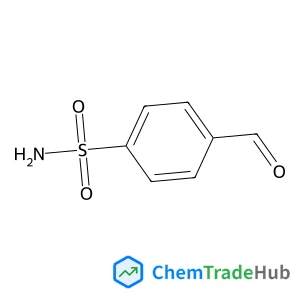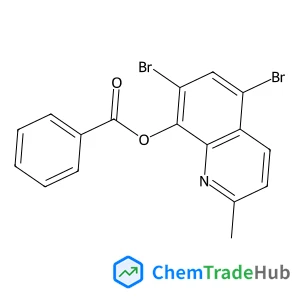Simulation of atmospheric transport and droplet–thin film collisions in desorption electrospray ionization
文献情報
Anthony B. Costa, R. Graham Cooks
Computational fluid dynamics is used to model atmospheric transport and droplet–thin film (surface) collisions in desorption electrospray ionization; experimentally obtained droplet properties are replicated in the simulations while a “droplet pick-up” mechanism of analyte transport is confirmed.
関連文献
IF 6.222
Engineering of electrodeposited binder-free organic-nickel hydroxide based nanohybrids for energy storage and electrocatalytic alkaline water splittingIF 6.367
Sugar ketals as a platform molecule to overcome the limitation of converting biomass into green-hydrocarbons in a typical refineryIF 6.367
Selective production of monocyclic aromatic hydrocarbons from ex situ catalytic fast pyrolysis of pine over the HZSM-5 catalyst with calcium formate as a hydrogen sourceIF 6.367
Photoactivatable fluorophores for durable labelling of individual cellsIF 6.222
Enhanced power performance of an in situ sediment microbial fuel cell with steel-slag as the redox catalyst: I. electricity generationIF 6.367
An improved fluorescent protein-based expression reporter system that utilizes bioluminescence resonance energy transfer and peptide-assisted complementationIF 6.222
Highly efficient and durable III–V semiconductor-catalyst photocathodes via a transparent protection layerIF 6.367
MnO/C cubo-polyhedrons derived from α-MnO2@ZIF-8 as anode materials for high-performance lithium-ion batteriesIF 6.367
Synthesis and optical and electronic properties of one-dimensional sulfoxonium-based hybrid metal halide (CH3)3SOPbI3IF 6.222
掲載誌
Chemical Communications
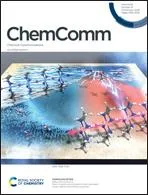
ChemComm publishes urgent research which is of outstanding significance and interest to experts in the field, while also appealing to the journal’s broad chemistry readership. Our communication format is ideally suited to short, urgent studies that are of such importance that they require accelerated publication. Our scope covers all topics in chemistry, and research at the interface of chemistry and other disciplines (such as materials science, nanoscience, physics, engineering and biology) where there is a significant novelty in the chemistry aspects. Major topic areas covered include: Analytical Chemistry Catalysis Chemical Biology and medicinal chemistry Computational Chemistry and Machine Learning Energy and sustainable chemistry Environmental Chemistry Green Chemistry Inorganic Chemistry Materials Chemistry Nanoscience Organic Chemistry Physical Chemistry Polymer Chemistry Supramolecular Chemistry
おすすめ化合物
おすすめサプライヤー
 襄樊ノール化学有限公司
襄樊ノール化学有限公司 浙江隆源フィルタープレス有限会社
浙江隆源フィルタープレス有限会社 辽宁华兴グループ化学株式会社
辽宁华兴グループ化学株式会社 无锡ヒーワイン環境試験設備厂
无锡ヒーワイン環境試験設備厂 揚州長華生物科技有限公司
揚州長華生物科技有限公司 上海芯上工業テクノロジーカンパニー LTD
上海芯上工業テクノロジーカンパニー LTD 河南省長葛市明洋化工净化材料厂
河南省長葛市明洋化工净化材料厂 北京環宇京輝京城気体科技有限公司
北京環宇京輝京城気体科技有限公司 武汉博欧特生物科技有限公司
武汉博欧特生物科技有限公司 シャイト · ヴェンティラトレン GmbH
シャイト · ヴェンティラトレン GmbH










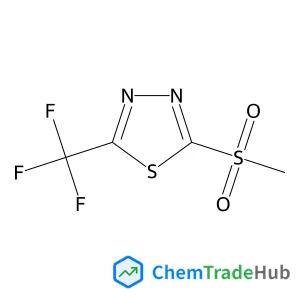
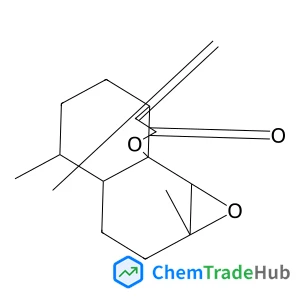
![56843-76-6 - 2-phenylthieno[2,3-d]pyrimidin-4-ol 56843-76-6 - 2-phenylthieno[2,3-d]pyrimidin-4-ol](/structs/568/56843-76-6-0035.webp)
